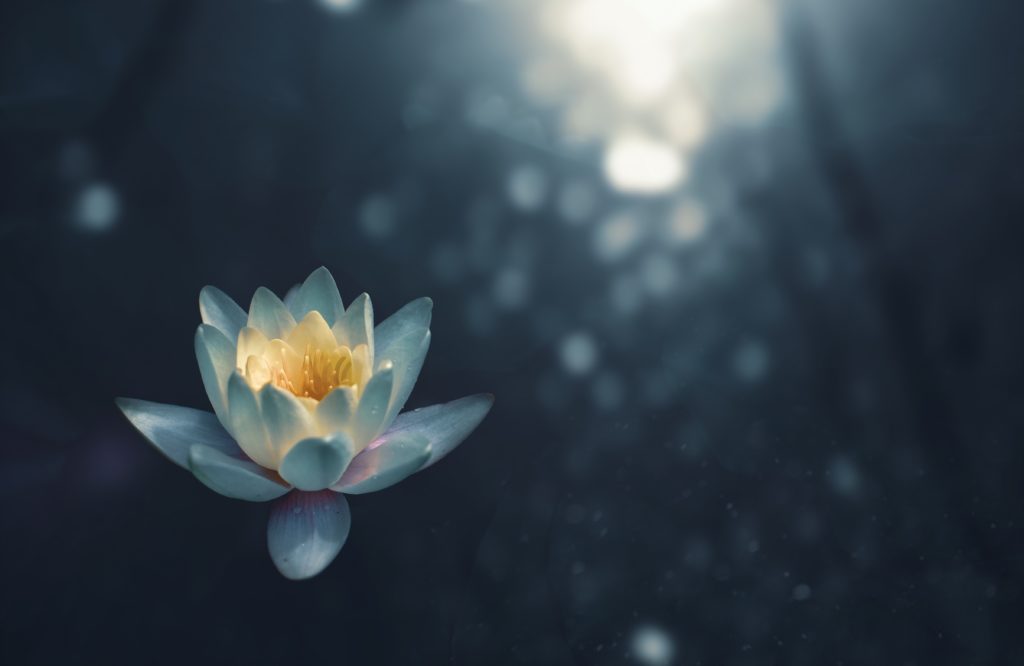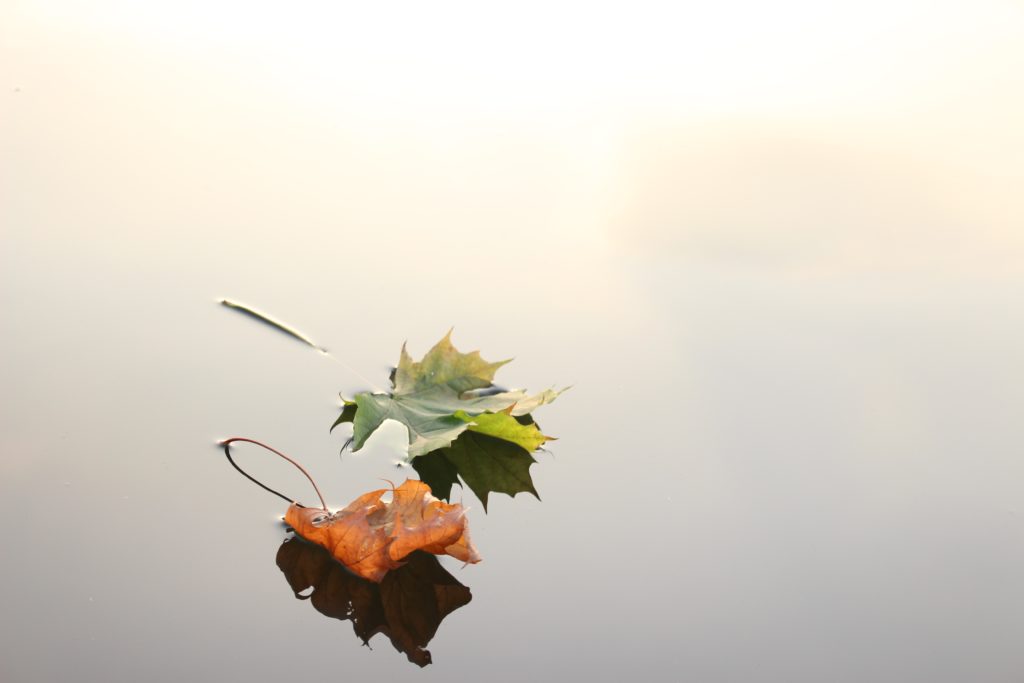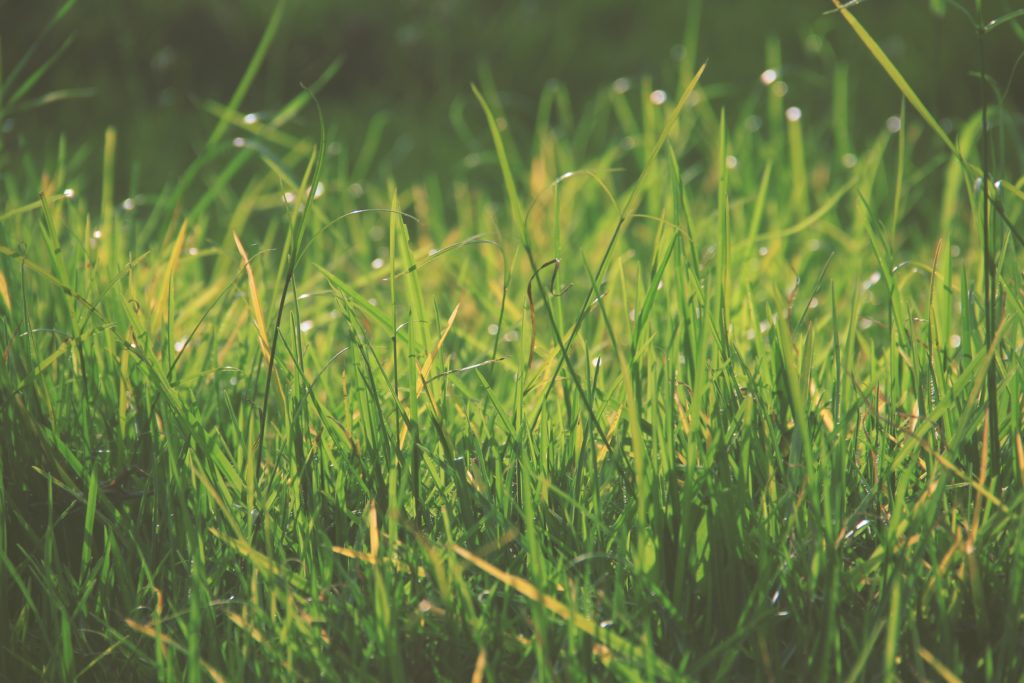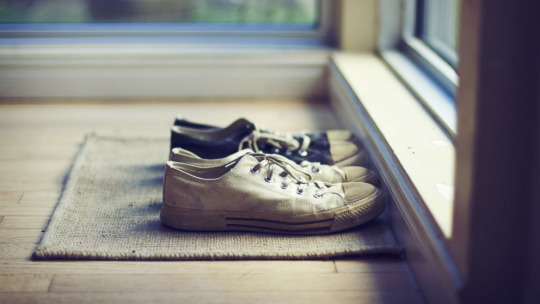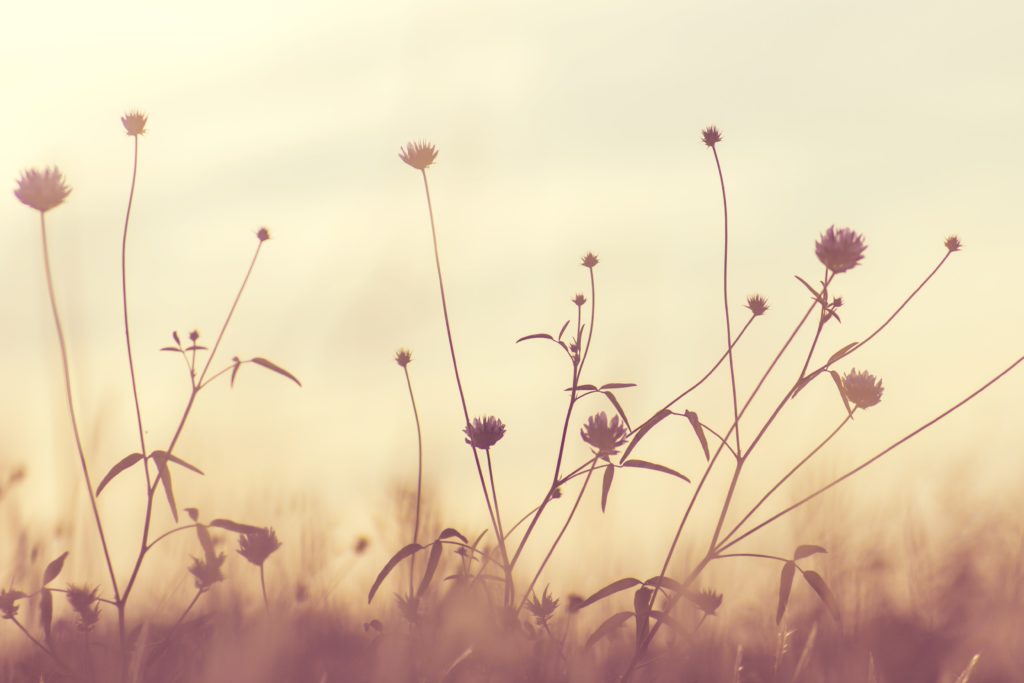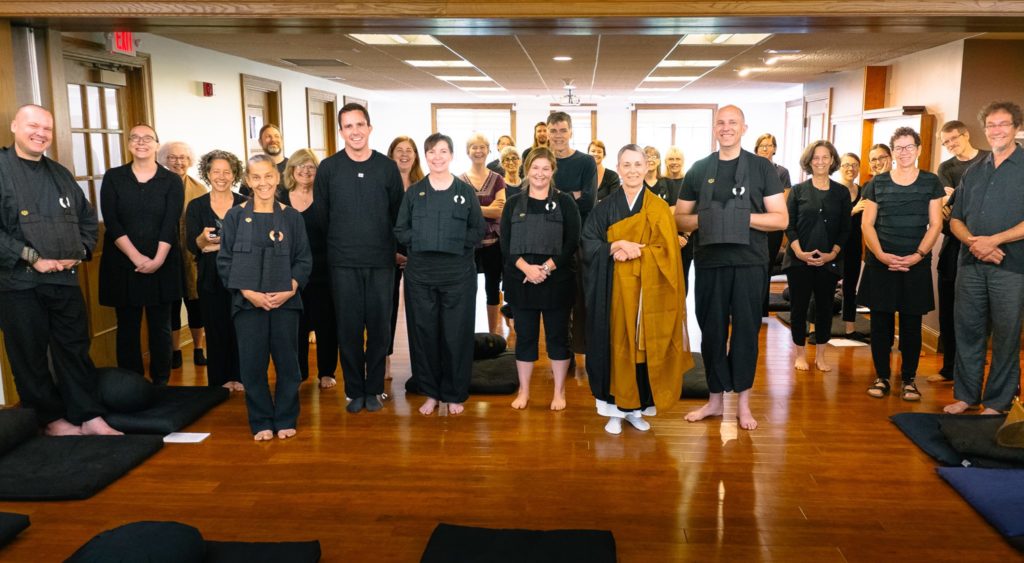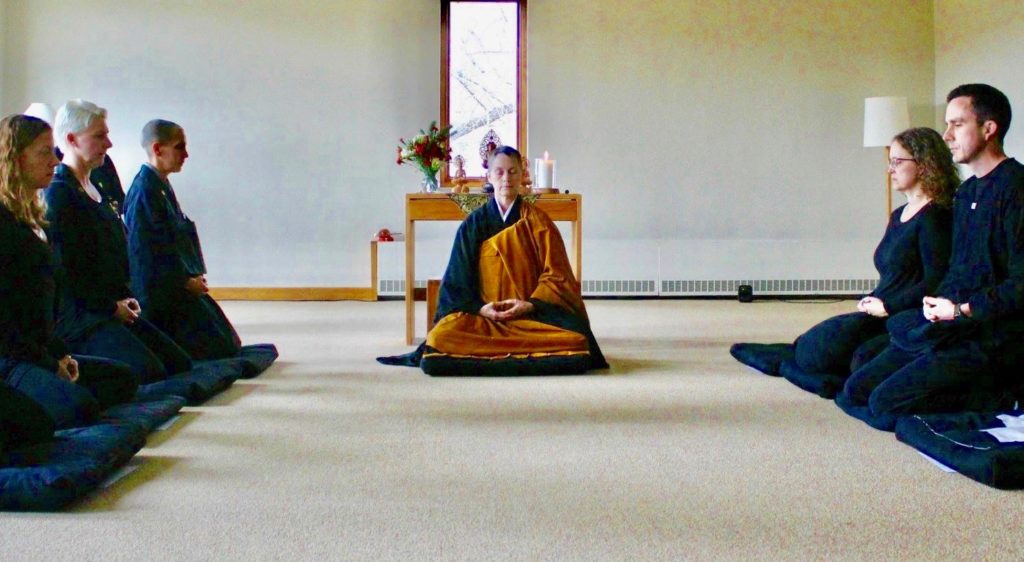
During the long, slow months of the pandemic lockdown, holed up at home with nothing to do and nowhere to go, I discovered something new. I discovered my breath.
Breathing might not seem like much of a discovery, occurring as it does twenty thousand times a day for each of us. But we hardly notice the breath. We remain unstirred by its subtle constancy and unmoved by its deep mystery. Yet right there under our nose lies a journey into the pulsing heart of a living, breathing universe.
All I needed to do to take that journey was sit down and count my breath.
Counting one’s breath is the foundational practice in Zen, taught by generations of ancestors. It’s an efficient way to quiet discriminative thought and bring the mind to single-pointed concentration. Yasutani Roshi, a twentieth-century Japanese Zen master, instructed his students in a sequence of four types of counting, which are described in Phillip Kapleau’s classic book The Three Pillars of Zen. To start, count each inhalation and exhalation up to ten, and then return to one. Do this over and over for the length of each sitting period. Next, count only the exhalation up to ten and over again for each sitting period. Then, only the inhalation. Finally, drop the counting entirely and concentrate your attention on each breath fully.
“Breathe naturally,” Yasutani said. “It’s as simple as that.”
Even so, anyone who has ever tried a breathing practice knows that it is not at all simple in the doing. The very word “simple” conjures up difficulty in our dualistic thinking. Trying too hard to “just breathe” can strangle the breath. The number ten can seem as distant as ten thousand. Obsessing about breathing, we may no longer know how to do what we have been doing effortlessly since the moment we were born, and even before.
“Before we were born, while still in our mother’s womb, how did we breathe? You don’t remember how? Actually, that is the problem!” the late Taizan Maezumi Roshi said. Like his teacher Yasutani, he exhorted his students to remember “that most excellent breathing” from the lower abdomen where we were once connected by umbilical cord to our mothers.
Infants maintain full-body breathing—not to mention full-body crying and full-body laughing—until they grow older and, like the rest of us, become engrossed in the artifice of thought. It’s the busyness in our heads that tightens the chest and shortens the breath, creating physical and mental discomfort. Because of that, we are likely to conclude that a breathing practice isn’t working for us. It’s harder than we thought it would be. It doesn’t seem like we’re getting anywhere. And it’s not interesting. We want to move on to what’s next, to a more entertaining or important stage in our quest. Or we give up altogether.
But all the while, breathing remains the most profound dharma—every thought, every action, and every moment comes out of it. So how do we keep the practice of breathing going if we get discouraged? The answer really does lie in giving up.
Breathing exposes the expectations we bring into a practice: what we think it should feel like, what we aim to accomplish, and what it all means. But each breath defies our expectations and is entirely original: sometimes long, sometimes short; sometimes smooth, sometimes not. Breath is movement and movement is change, the truth of our existence. We can hold on to our expectations, beliefs, and judgments, but we cannot hold on to a breath, which is the manifestation of the present moment. The exhalation itself guides us into the empty ease and relief of letting go.
If we’re honest about counting the breath, we have to make sure we can keep a count going through a full sitting period, then a series of sitting periods, or, if we’re on retreat, for a full day of sitting. By then, we are probably unconcerned with whatever comes next in our spiritual advancement, and when we empty ourselves of ambition, a kind of in-the-marrow remembering occurs. Our bodies know how to be. Our breath knows how to flow. Our brain knows how to self-regulate and our thoughts to self-liberate. This is the inherent wisdom of our Buddha nature. It’s how the seemingly simplistic instruction to “breathe naturally” can be realized quite naturally. We just get out of the way.
That’s what happened to me while I was stuck at home for a year with nowhere else to go. I sat down on my cushion, folded my legs, straightened my back, and brought my attention to my breath, just as I’ve done for more than twenty years. Longtime meditators can get trapped in stale habits, but this time was different; this time was entirely new.
Alone, with nothing to prove and no insights to uncover, my body relaxed. I felt my weight drop to the floor and even further, as if pulled underground. I breathed as though my nose wasn’t in the middle of my face, but located two inches beneath my navel, inflating and deflating my belly. My mind cleared, and automatically I began following the counting instructions Yasutani had spoken so long ago. It happened by itself. In sight of a clock, I could tell that my breathing slowed to four or five times per minute, sometimes slower. As I did this day after day, it felt as though the sitting weren’t my doing at all. It was the world that wanted to stop spinning, and me with it.
Studies tell us that focused breathing can help relieve depression and chronic pain, fight inflammation, and activate life-extending genes in our DNA. The power of breath can’t be understood but it can be felt—not just within but beyond our egoistic self. Deep in the lungs, the separation between ourselves and the outside world is smaller than a single cell. That’s no separation at all. That’s what we are.
From the Sept. 2021 issue of Lion’s Roar magazine.
Photo by Amy Clark.
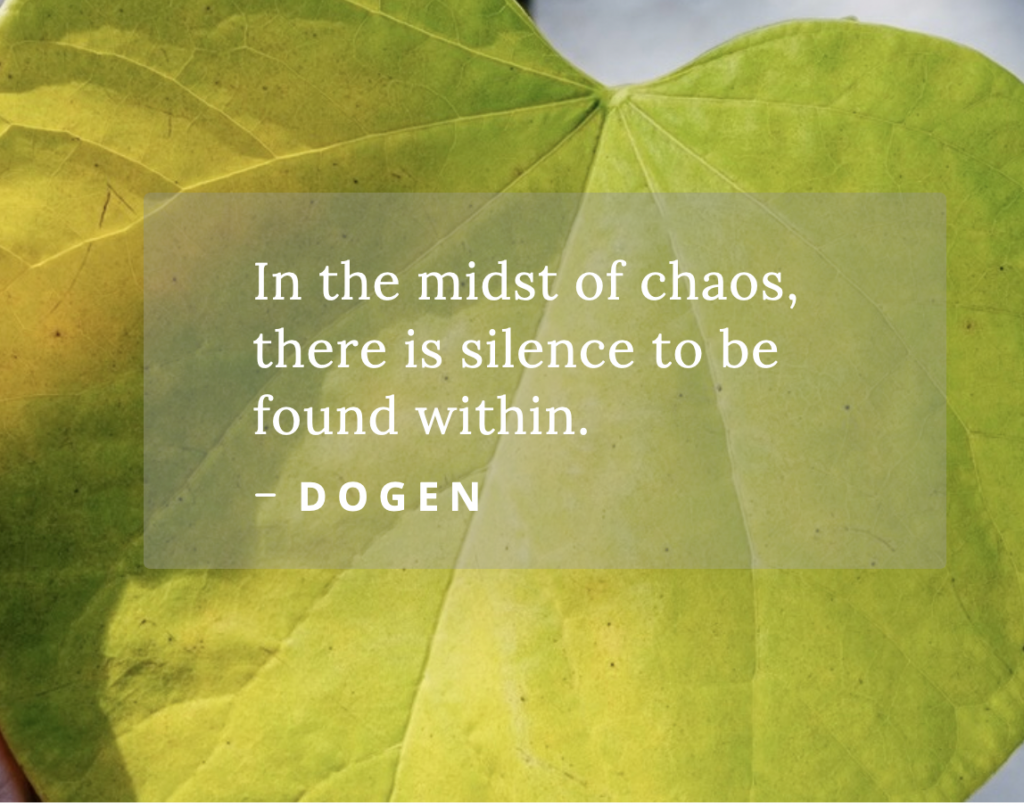 One night’s lodging brings rest to the body; two nights give peace to the heart; after three nights the drooping and depressed no longer know either trouble. If one asked the reason, the answer is simply—the place. —Po Chu-i (772-864)
One night’s lodging brings rest to the body; two nights give peace to the heart; after three nights the drooping and depressed no longer know either trouble. If one asked the reason, the answer is simply—the place. —Po Chu-i (772-864)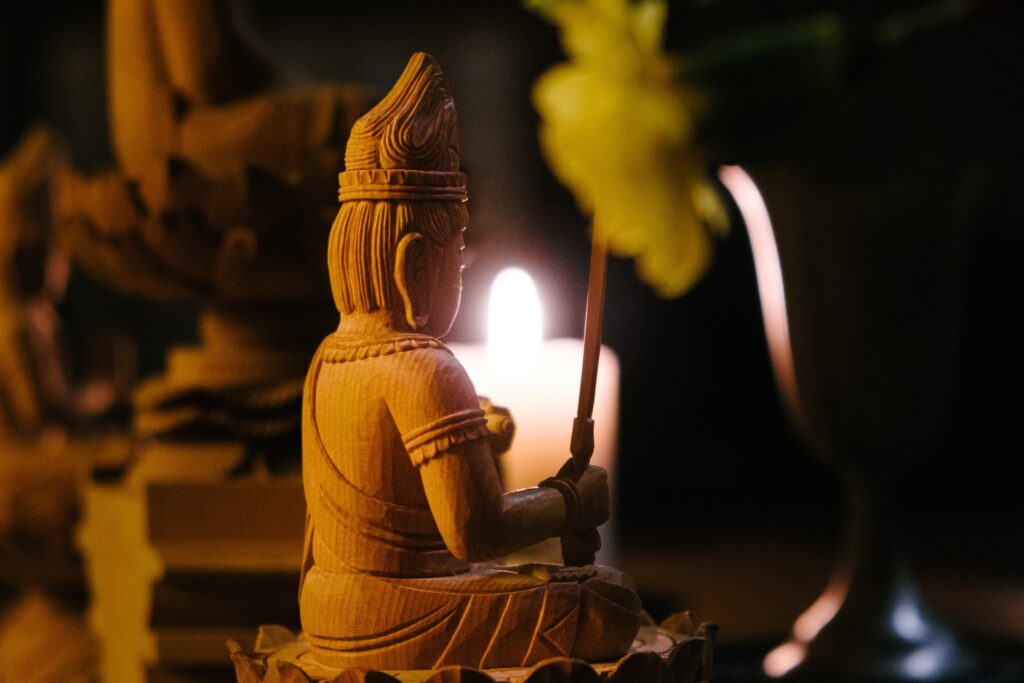

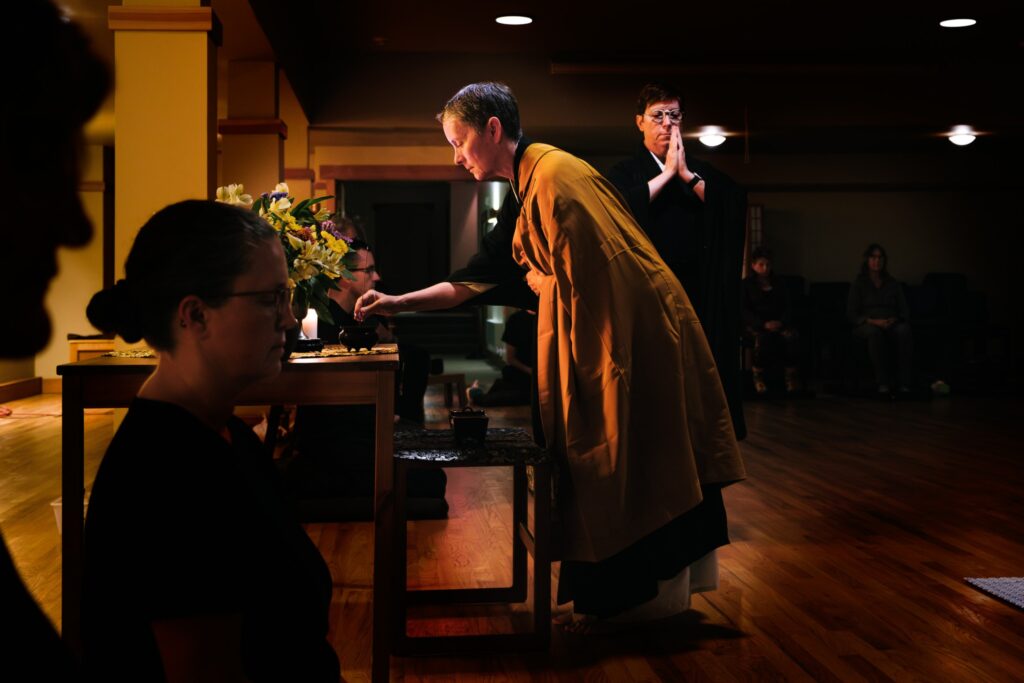
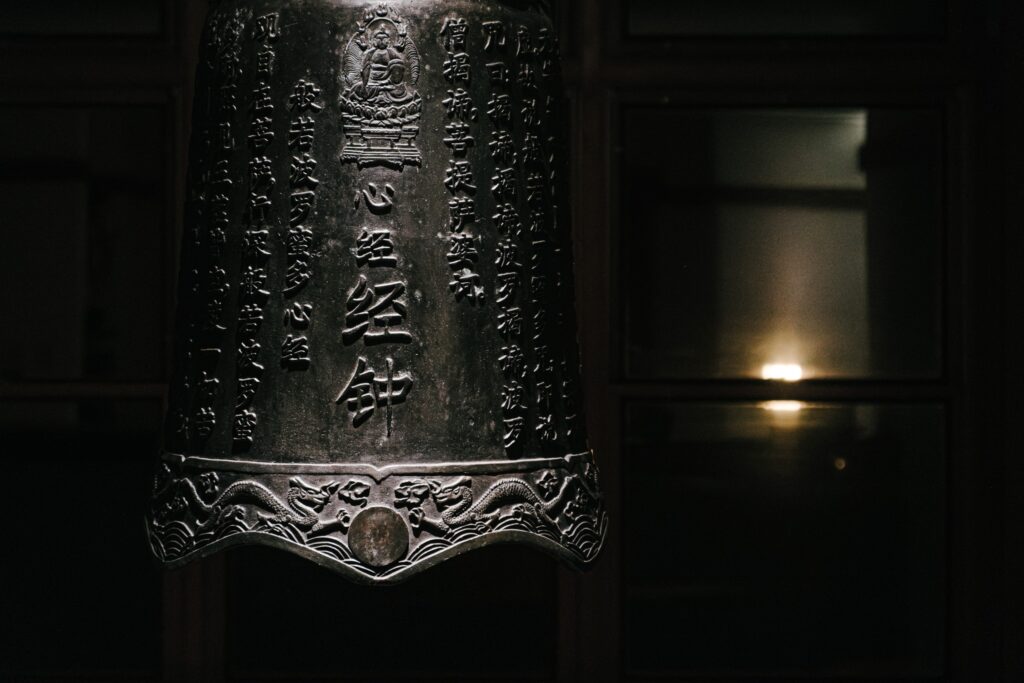
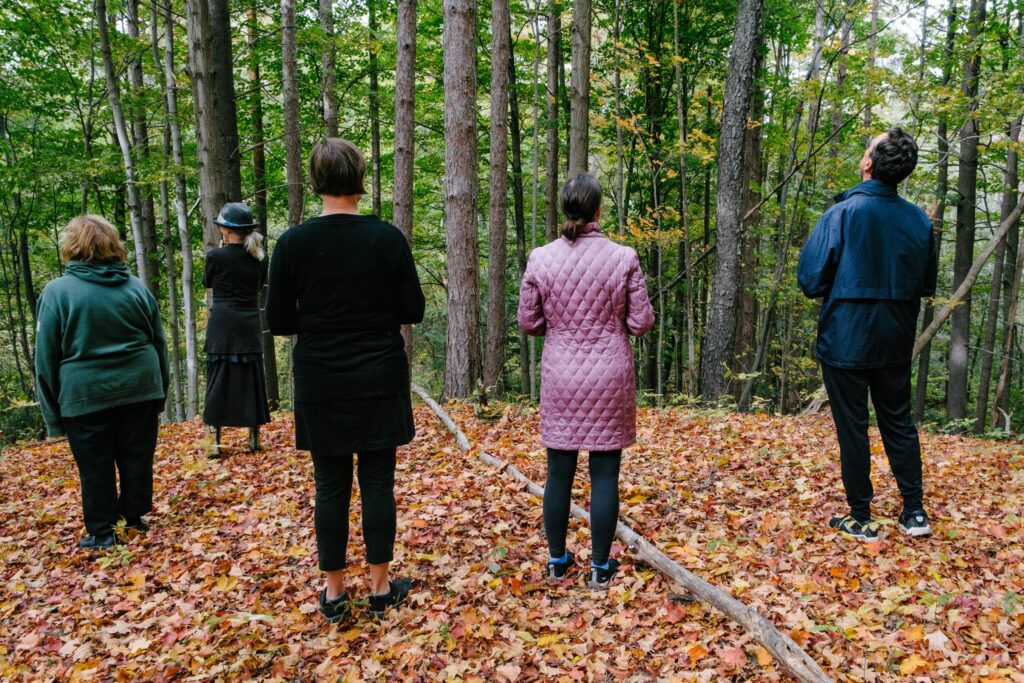

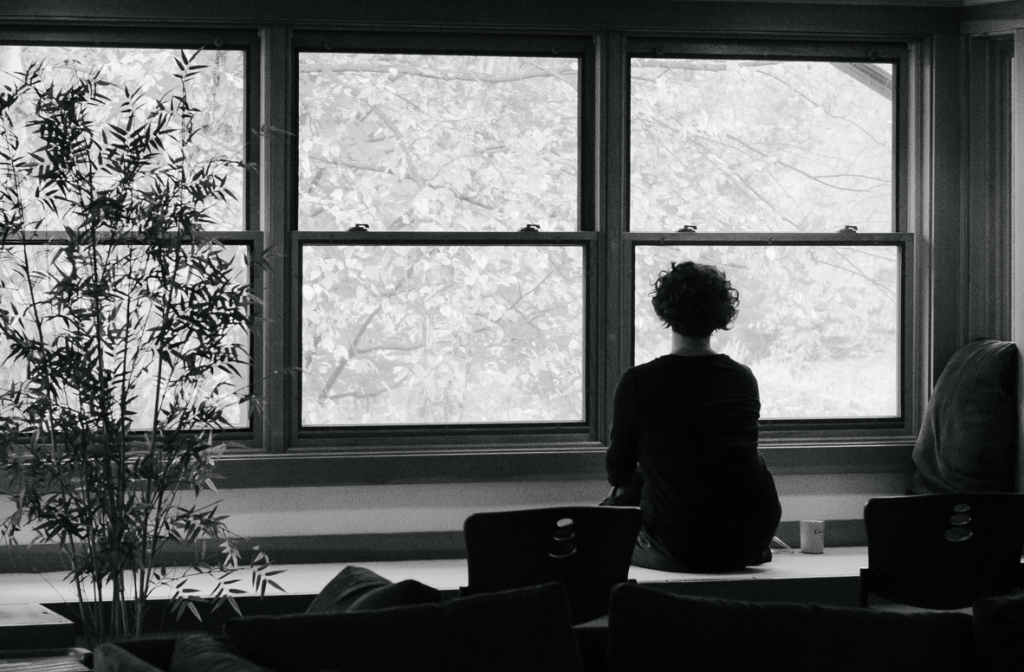


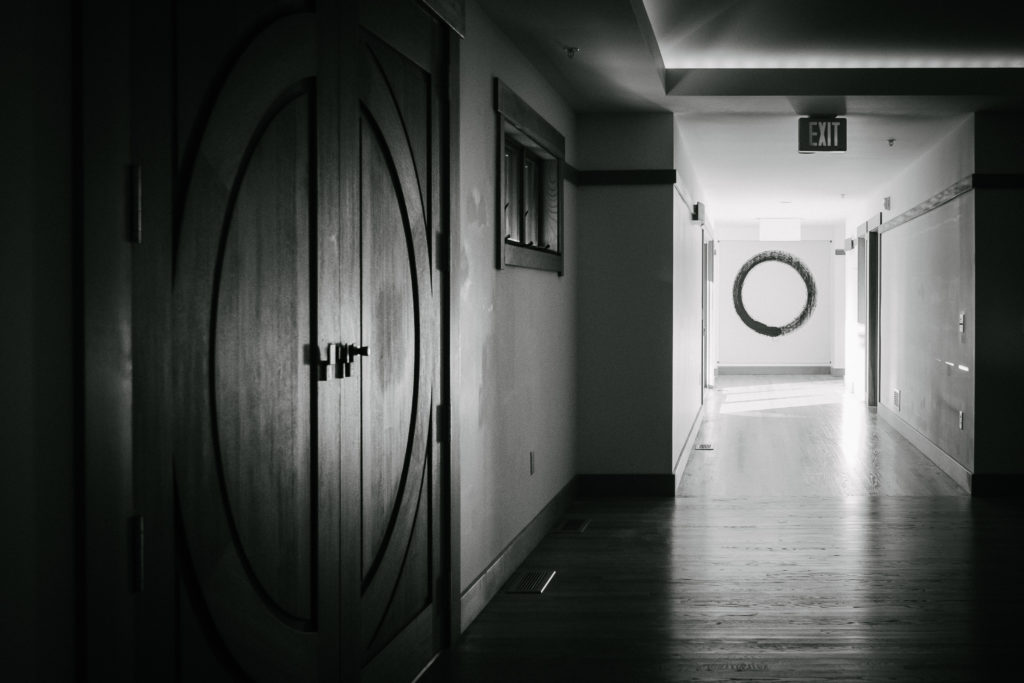
 1.Wake with the sun
1.Wake with the sun